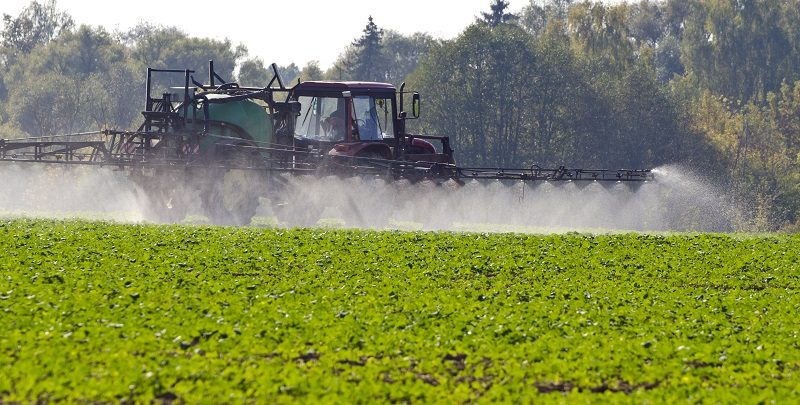Roundup is one of the most popular weed killers that there is, and is used commercially and privately by millions of people throughout the United States. The active ingredient in Roundup is glyphosate, and is the second most used weed killer in the United States. In fact, almost all of the corn, soy, and cotton that is grown in America is treated with glyphosate, and National Geographic reports that more than 1.4 billion pounds of the product are applied per year. New research provides strong evidence that glyphosate is carcinogenic, and causes non-Hodgkin’s lymphoma, a cancer that starts in the immune system, in humans.
Studies have found higher rates of this cancer among farm-workers in the United States, Canada and Sweden who were exposed to Roundup. The herbicide is used in commercial agriculture and landscaping but also in residential settings, in backyard gardens for example.
The Connection Between Roundup and Lymphoma
The International Agency for Research on Cancer – World Health Organization published a report in 2015 regarding the carcinogenicity of five pesticides, including glyphosate. Glyphosate was classified as “probably carcinogenic to humans.” The studies also showed DNA and chromosomal damage in human cells.
“Probably,” in this case, appears to mean “certainly”; there are more than 800 cancer patients who are currently suing Monsanto, the maker of Roundup, claiming that their cases of non-Hodgkin lymphoma were caused by Roundup exposure (read the full story at CNN.com). Despite this mounting evidence, Monsanto does not acknowledge the dangers to human health from glyphosate.
Monsanto invented the herbicide glyphosate and it still dominates the global market with the highest production of herbicide in the world. From 1974 until 2000, Monsanto was the sole manufacturer of glyphosate-based herbicides. When its U.S. patent on glyphosate expired, other manufacturers were free to use it in their products too.
More Research Continues to Emerge
More research is continuing to emerge regarding the safety of glyphosate. Currently, there are a number of conflicting studies, but there are numerous scientific studies that indicate the chemical is indeed carcinogenic. There is also some emerging evidence that both the EPA and Monsanto have tried to “kill” studies on the safety of glyphosate.
If you are diagnosed with non-Hodgkin’s lymphoma or are experiencing signs of having been exposed to glyphosate and have been in contact with Roundup, you may have a case against Monsanto. Some symptoms of glyphosate exposure can include lymph node swelling, chronic cough, nose bleeds, and weight loss. To learn more about what you can do and your legal rights, contact our law offices today.
